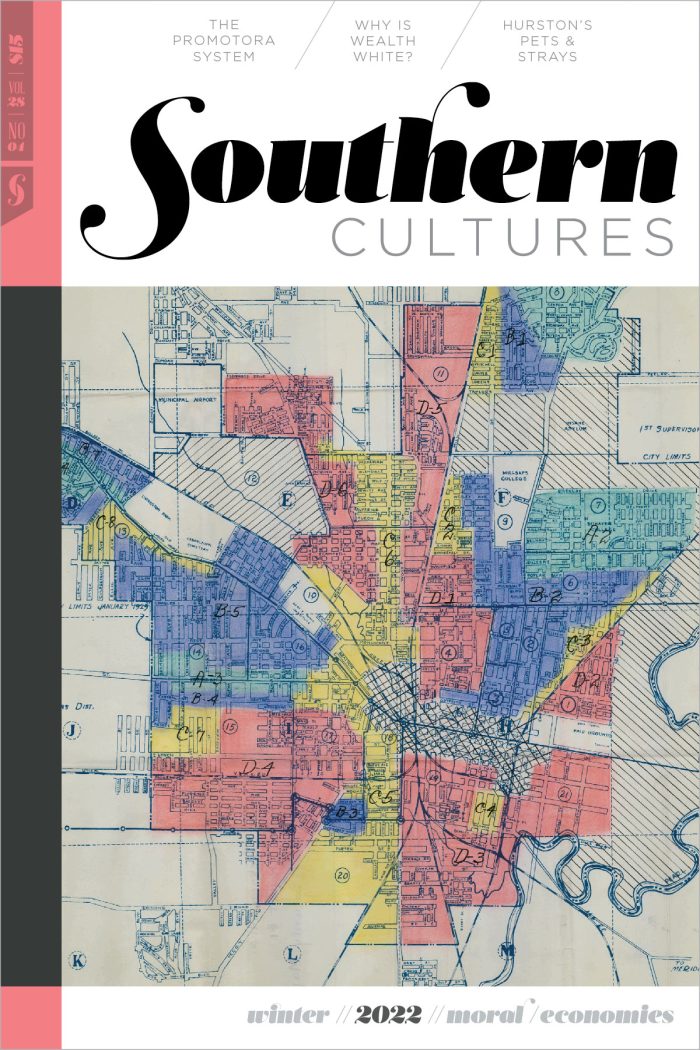“The top of it is all we can see most of the time, but any true understanding of what we’re viewing tells us there is much, much more beneath the known surface, the still waters.”
In October 2016, my wife, Jill McCorkle, and I drove our Tacoma pickup filled with cases of bottled water and other essentials to her hometown of Lumberton, North Carolina. Hurricane Matthew had made landfall at McClellanville, South Carolina, just north of Charleston, and then drifted northeasterly into North Carolina. An eight-mile stretch of I-95 went completely underwater, and by October 10, just two days after the hurricane came ashore in South Carolina, the Lumber River rose to over twenty-two feet in Lumberton. Roads, yards, and first floors of many houses were underwater. As Lumberton resident James Robinson told the Raleigh News and Observer, “All that water got to go somewhere.” Where it went was into the homes and businesses throughout Lumberton, over-taking the city water treatment plant, leaving most residents with either no running water or water too contaminated to drink or use at home. The rains of Hurricane Matthew drenched a Robeson County that is perpetually one of North Carolina’s poorest, with over one-third of the population living in poverty in 2016.


